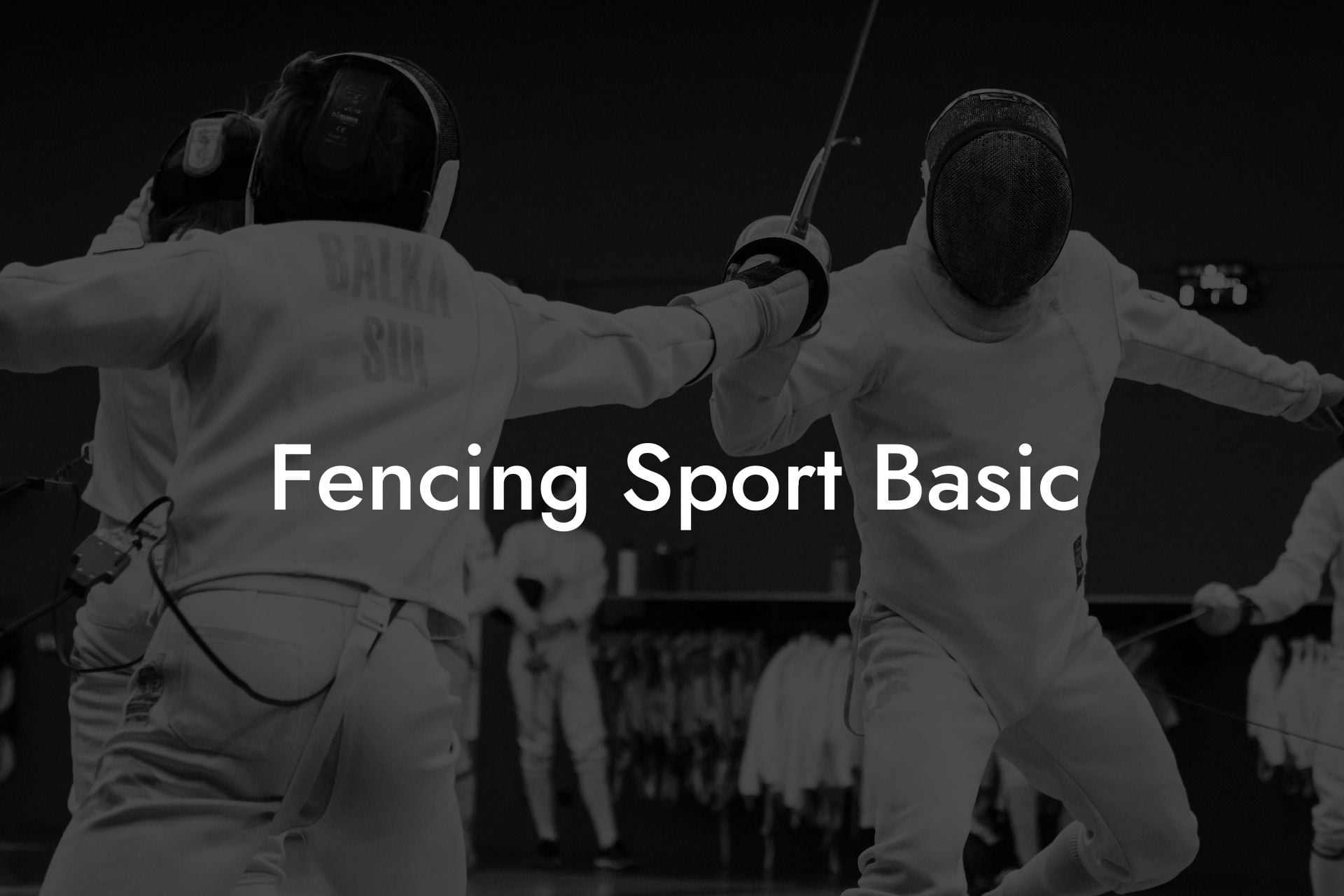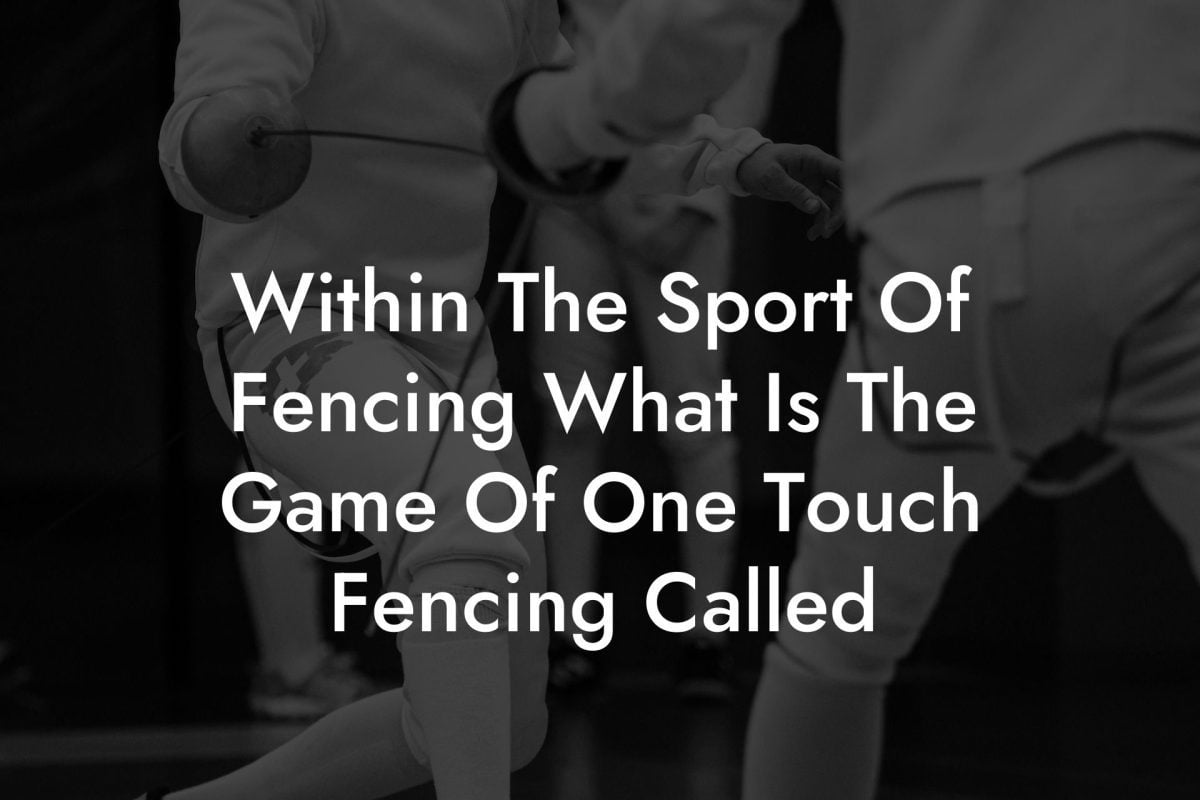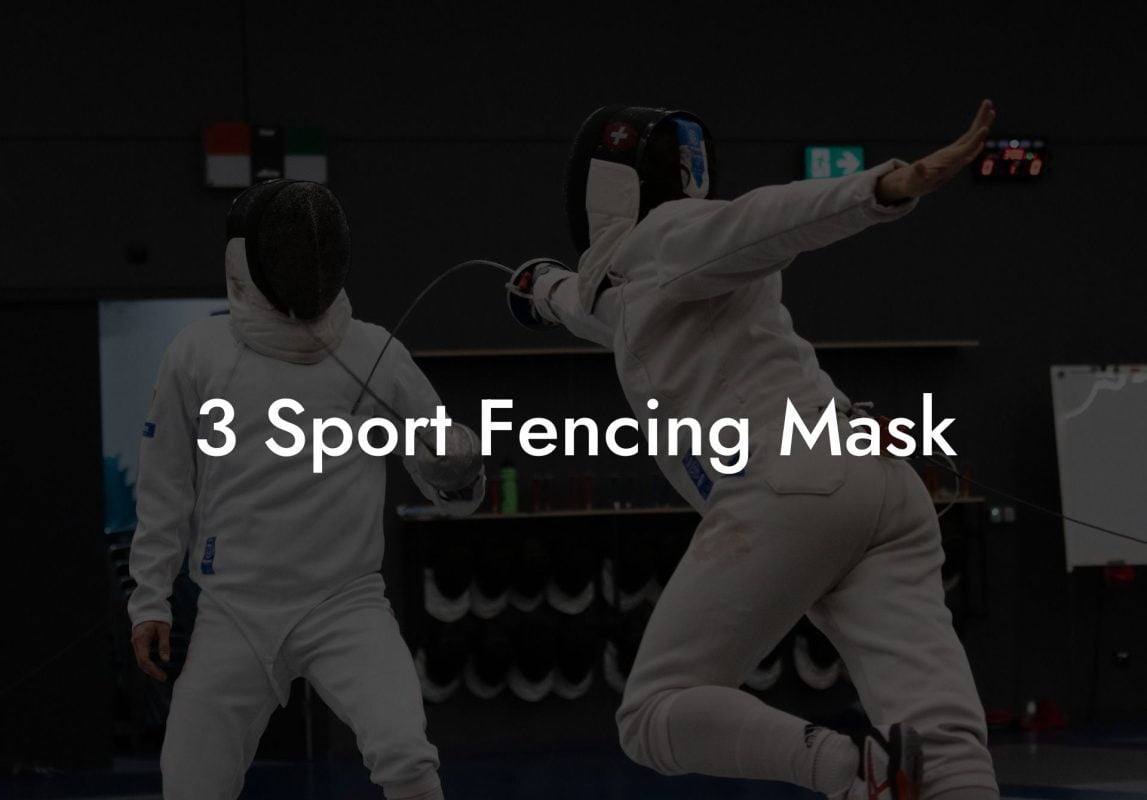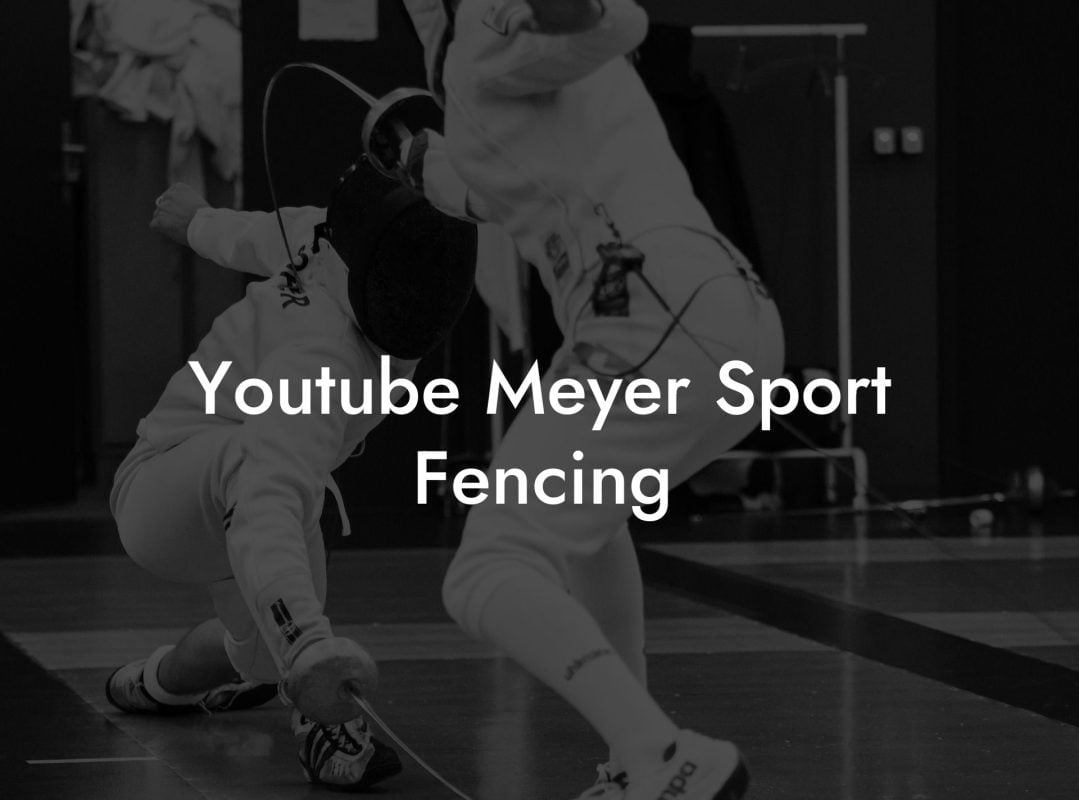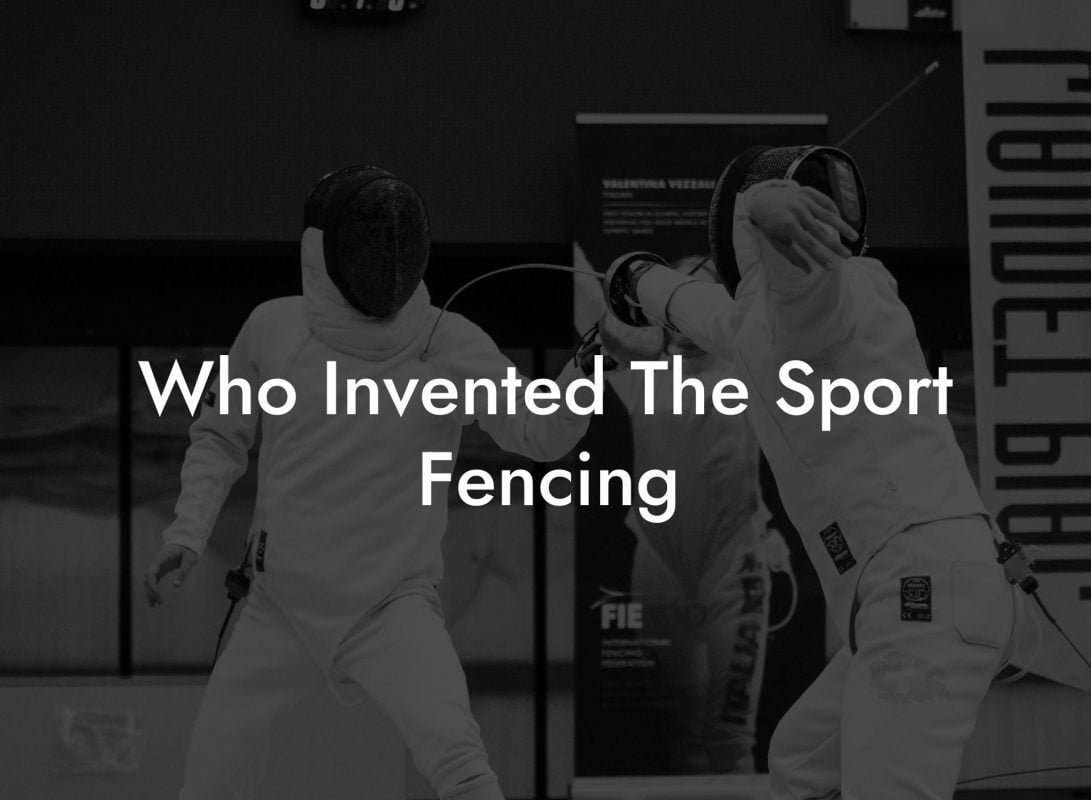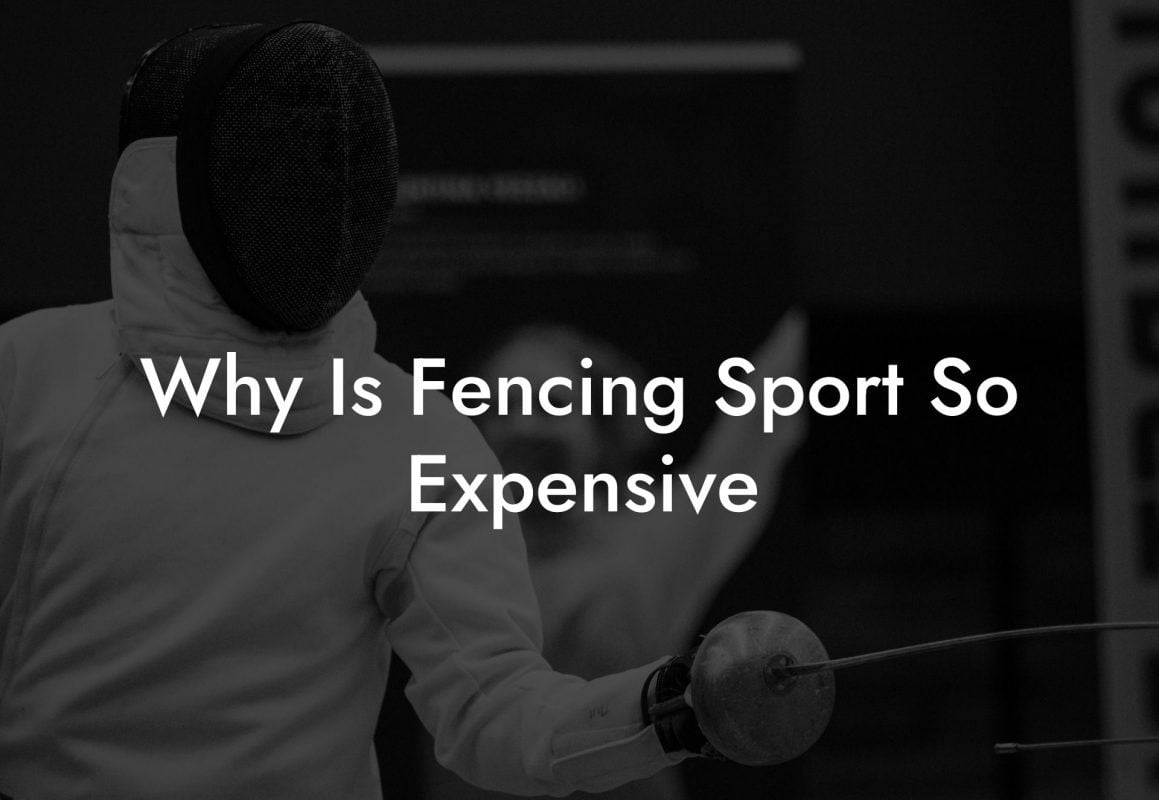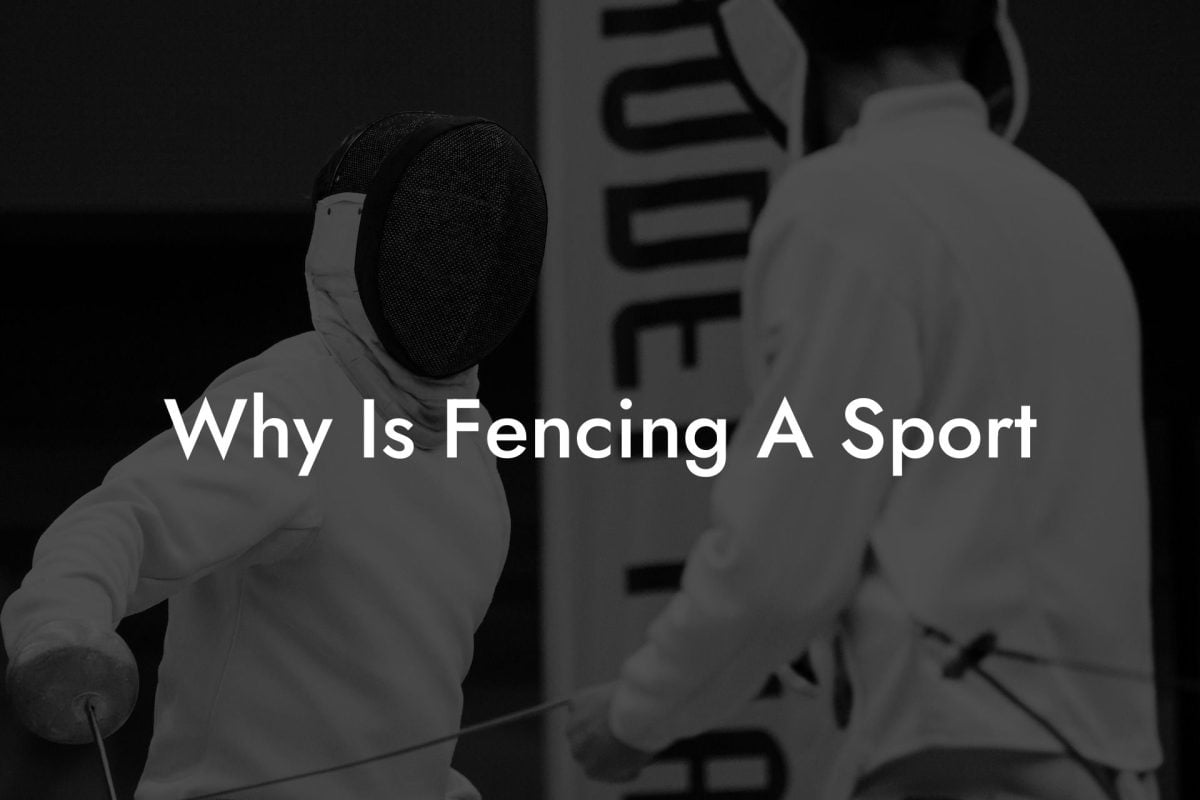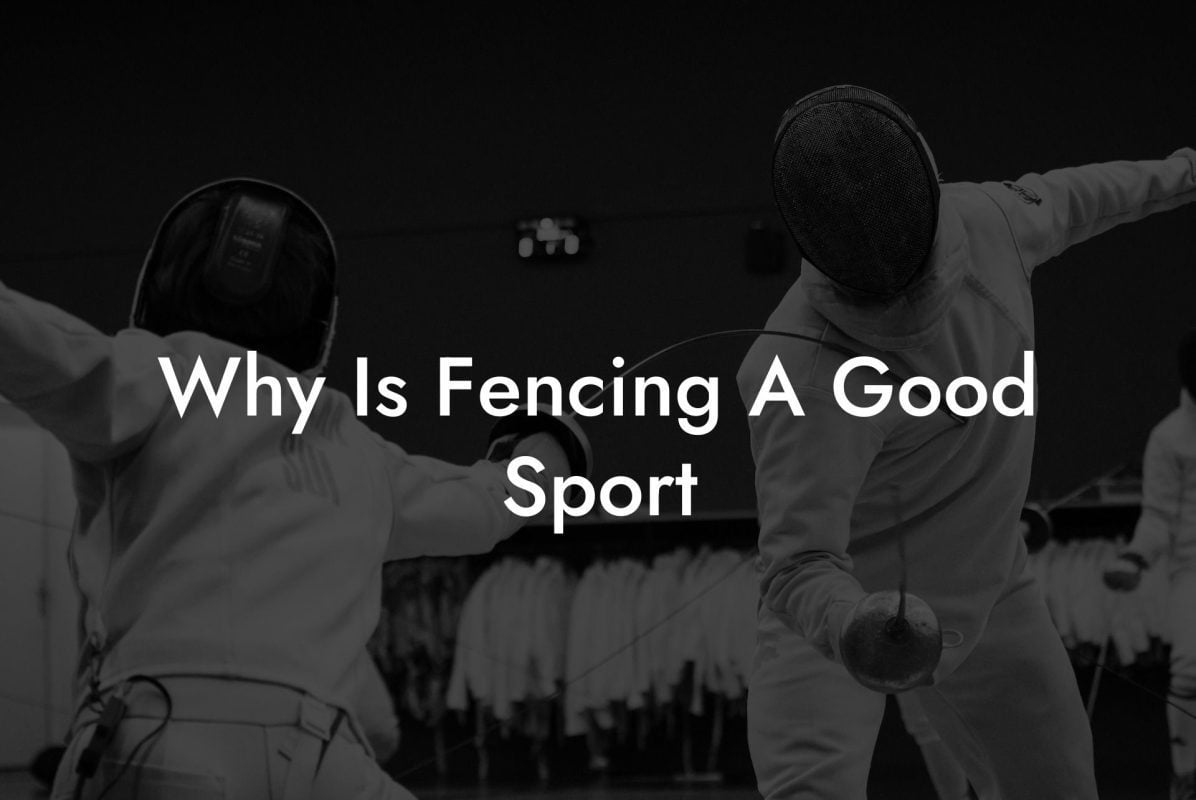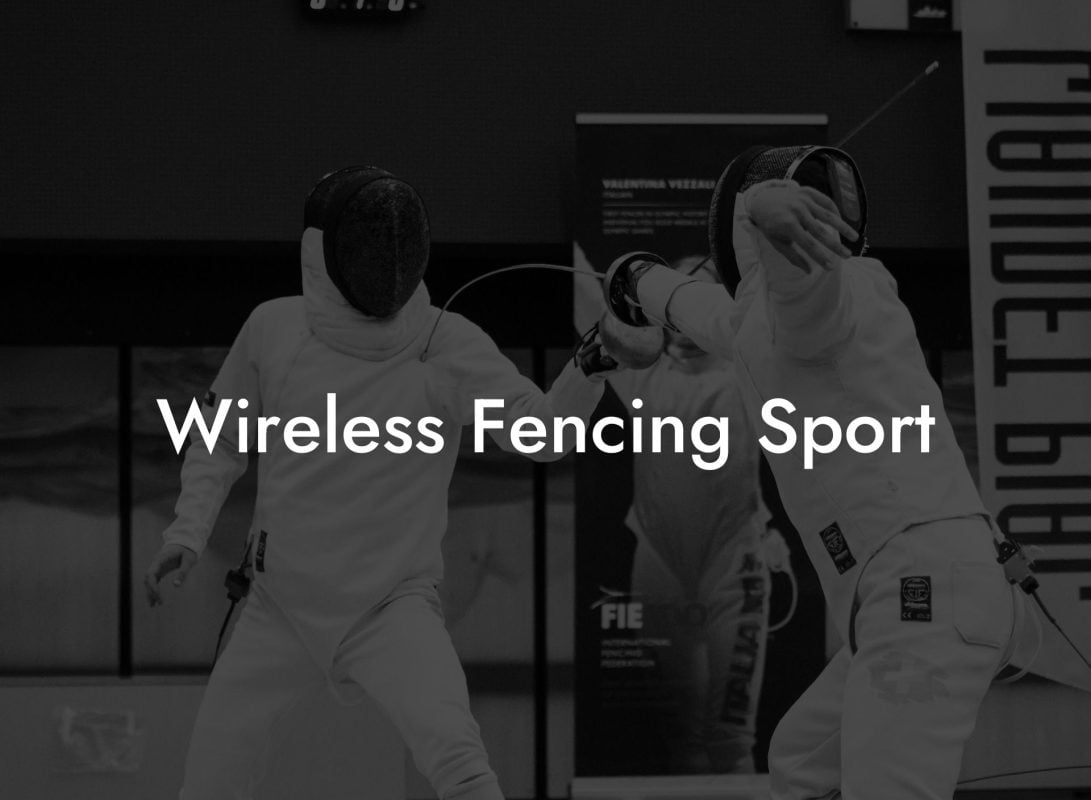Have you ever dreamed of wielding a sword and taking part in exhilarating duels like in the movies? Fencing is a modern sport that offers a thrilling way to stay fit while learning the art of swordplay. If you're curious about taking up this exciting activity, our Anchorage Fencing Club blog is here to guide you through the basics of fencing sport and everything you need to know to get started.
History of Fencing
Fencing has a rich history, dating back to ancient civilizations such as Egypt, Greece, and Rome. In its early forms, it was primarily practiced for self-defense and military training purposes. The modern sport of fencing has its roots in 18th-century Europe, where various styles of fencing became popular as a form of upper-class art.
Three Main Styles of Fencing
There are three main styles of fencing, each with its distinct weapon and rules. These are:
1. Foil: The most basic type of fencing, foil is considered a light and flexible weapon. Points are scored by landing the tip of the foil on the opponent's torso.
2. Epee: Epee fencing is a heavier style that focuses on precision. Points are scored by hitting any part of the opponent's body with the tip of the weapon.
3. Sabre: The sabre is a cutting weapon with a curved blade. Points are scored by making contact with the edge of the blade, targeting the opponent's upper body, including arms and head.
Rules and Scoring in Fencing
Each style of fencing has its unique rules for scoring and penalties. There are also general rules applicable to all styles. Here are some essential points to keep in mind:
- Fencing bouts are played in a series of 3-minute rounds, with a 1-minute break between rounds.
- Points are awarded for valid touches on the opponent's target area. The first fencer to reach 15 points, or have the highest score after three rounds, wins the bout.
- Contact with the floor or any part of the body not covered by the target area results in a penalty, known as an "off-target" touch.
- Illegal actions, such as using excessive force, stepping out of bounds, or using the non-weapon hand to touch the opponent, are subject to penalties and possible disqualification.
Fencing Equipment & Gear
Before getting started with fencing, you'll need to invest in some basic equipment for safety and performance. Here is a list of essential gear for any beginner fencer:
1. Fencing Weapon: Choose a weapon based on your preferred style - foil, epee, or sabre.
2. Mask: A protective mask with a bib to protect the face and neck from injury.
3. Jacket: A padded, form-fitting jacket to protect the torso.
4. Glove: A specialized fencing glove for the weapon hand provides grip and protection.
5. Breeches: High-waisted, padded pants designed for flexibility and protection during fencing.
6. Socks & Shoes: Tall socks and fencing shoes with flat soles offer support and traction on the fencing strip.
Fencing Sport Basic Example:
Imagine participating in a fencing match for the first time as a beginner. You step onto the fencing strip, fully equipped with protective gear and your chosen weapon. You and your opponent salute each other, and the referee announces the beginning of the first round. You apply what you've learned from practices, focusing on your footwork and blade work to score points while keeping your strategy in mind. As the match progresses, you adapt to your opponent's style, learning from your mistakes and celebrating your victories.
Now that you have an understanding of the key aspects of fencing sport, it's time to take the next step. Sign up for a beginner's class at a local fencing club to experience the thrill of this timeless sport first hand. We hope you find our Fencing Sport Basic guide helpful, as you embark on your fencing journey. Be sure to explore other articles and guides available at Anchorage Fencing Club to enhance your knowledge and improve your skills. Don't forget to share this article with friends and fellow fencing enthusiasts!

